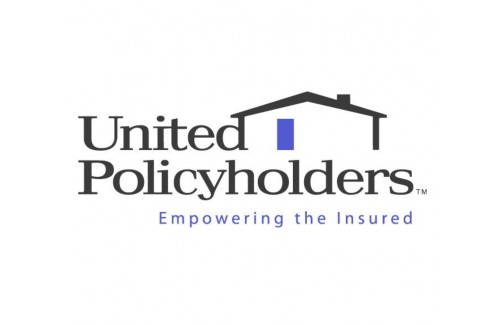(Note: This is the second part in a series of the McCarran-Ferguson Act.)
Last week in my post, The McCarran-Ferguson Act – What is it and How Does it Impact Insurance?, we learned that the McCarran-Ferguson Act gives insurance regulation power back to the states by providing a narrow exemption from federal antitrust laws for activities that are regulated by the states. Under the act:
No act of Congress shall be construed to invalidate, impair or supersede any law
enacted by any State for the purpose of regulating the business of insurance, or
which imposes a fee or a tax upon such business.1
Congress did not intend the Act to provide a whole-sale exemption for the insurance industry from federal laws.2 Instead, it established a 3-prong test that must be satisfied before the activities of an insurance company will be exempted from Federal law. These requirements are:
- The activity in question must fall within the business of insurance;
- The activity must be regulated by state law; and
- The activity must not involve boycott, coercion or intimidation.
Business of Insurance
In many instances, conduct involving the business of insurance are commonly exempt from antitrust liability. To determine what conduct qualifies as the “business of insurance” courts have held that it must meet three requirements:
- The conduct must be concerned with transferring or spreading the risks of the policyholders;
- It must be an integral part of the policy relationship between an insured and it’s insurer; and
- it must concern entities within the insurance industry itself.3
In summary, if a defendant can show that the challenged conduct is related to an insurance relationship within the insurance industry involving the spreading of policyholders’ risks, there’s a chance that court may hold that the conduct falls under business insurance.
Many courts have held that agreements between insurance companies and their rates are within the “business of insurance,” and are therefore exempt from the antitrust laws.4
Additionally, agreements between insurance various companies impacting the scope and amount of coverage afforded to policyholders were also held to be “within the business of insurance.”5
Activity Regulated by the states
This requirement carves out the federal exemption which gives back power back to the states. McCarran-Ferguson was intended to restore the regulation of insurance to the pre-South Eastern Underwriters situation in which the states had exclusive responsibility for regulation. However, it’s important to note that it was not intended to leave insurance company activities free of federal control if the states did not fill the breach.6
Boycotts, coercion, or intimidation
Section 3(b) of the Act provides an exception to this exemption by excluding the statute’s protective shield. Even if the activity is within the “business of insurance” and is regulated by state law, it will not be applied under the exemption if it constitutes an agreement to or an act of boycott, coercion, or intimidation. To learn more about the Boycott exception, make sure to stay tuned next week for the next part series on the McCarran-Ferguson Act!
In conclusion, a mere conversation between competitors by itself does not violate the statute. The danger lives in where the communication can be taken as evidence of an illegal agreement among competitors. The Sherman Act prohibits, among other activities, agreements among competitors to fix their prices, restrict their output or limit the terms on with they will compete to sell their goods and services.7 Meetings and collaborations among competitors create antitrust risks when they suggest an anticompetitive agreement of this nature. Types of agreements that have been held as illegal include agreements among competitors to fix prices or output, rig bids, or share or dive markets by allocating customers, suppliers, territories or lines of commerce.
_______________________________
1 McCarran-Ferguson Act, 15 U.S.C. §§ 1011-1015.
2 Act of Mar. 9, 1945, ch. 220, § 1-3, 59 Stat. 33-34 (codified as amended at 15 U.S.C. (1982)).
3 Legal Principles Defining the Scope of the Federal Antitrust Exemption for Insurance, B-304474, March 4, 2005.
4 Royal Drug, 440 U.S. at 221; see also National Sec, 393 U.S. at 460 (“Certainly the fixing of rates is apart of this business; that is what South-Eastern Underwriters was all about . . .”).
5 Proctor v. State-Farm Mut. Auto Ins. Co., 675 F.2d 308 (D.C. Cir.), cert. denied, 459 U.S. 839 (1982).
6 United States v. Southern-Eastern Underwriters Association, 322 U.S. 533 (1944).
7 Sherman Act, 15 U.S.C. § § 1-2 (1970).




